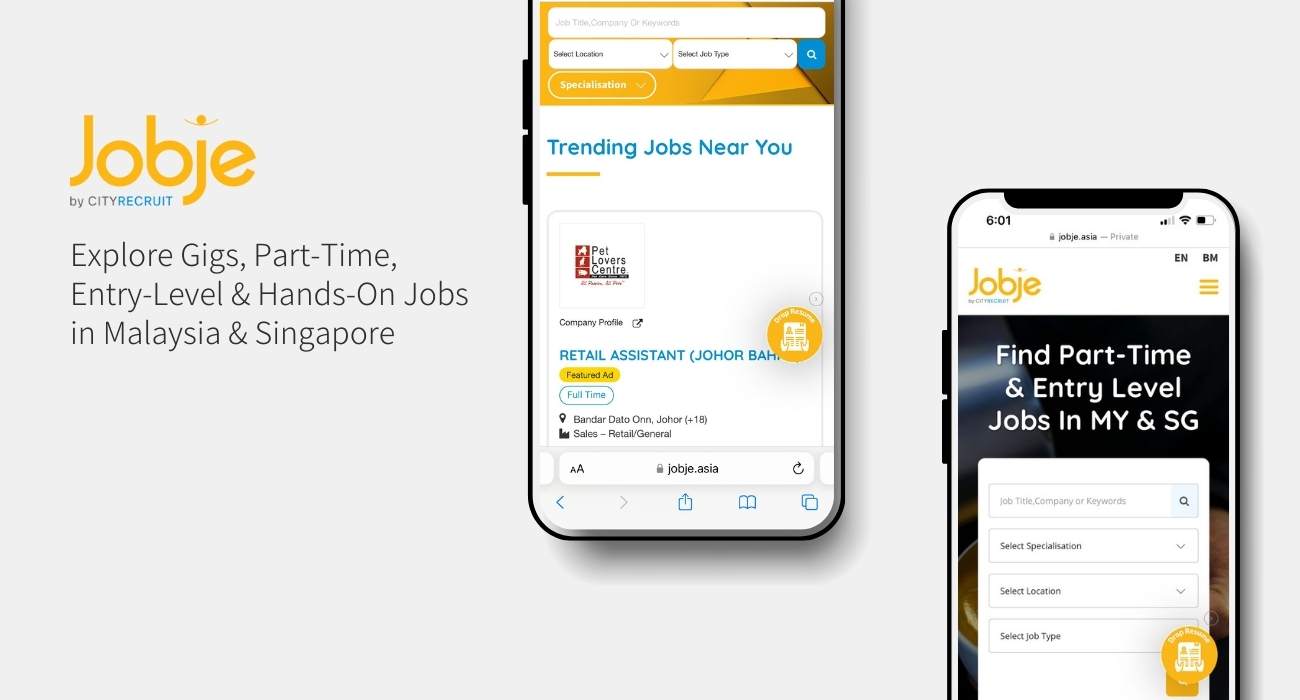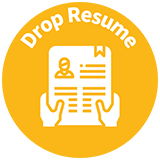- August 26, 2024
- Posted by: jobje_usr
- Category: All, Salaries & Benefits

Hey there, future employees!
So you’ve found a job you’re excited about, nailed the interview, and now it’s time for the tricky part – discussing salary. But wait, you don’t have any work experience. How on earth do you negotiate your pay when you’re just starting out? Don’t worry, I’ve got you covered!
1. Do Your Research
Before you even think about numbers, do some homework. Find out what the average salary is for the role you’re applying for in Malaysia. Websites like JobStreet and Maukerja can give you a good idea of what’s typical. Knowing the market rate helps you set realistic expectations and shows the employer that you’re informed.
2. Focus on Your Skills and Education
Just because you don’t have work experience doesn’t mean you don’t bring value. Highlight your skills, education, and any relevant projects or internships. Maybe you’ve got a degree in a related field or have taken courses that align with the job. Emphasize what you can bring to the table and how eager you are to learn and grow within the company.
3. Be Confident but Realistic
It’s totally okay to negotiate, even if you’re new to the workforce. When the topic of salary comes up, be confident in your worth, but also be realistic. Start by asking for a salary that’s within the market range you’ve researched. If the company can’t meet your request, consider asking for other perks like additional training, flexible working hours, or a performance review after six months.
4. Practice Your Pitch
Negotiating can feel a bit intimidating, especially when you’re just starting out. Practice your pitch with a friend or in front of the mirror. The more comfortable you are discussing your skills and the salary you’re looking for, the smoother the conversation will go. Remember, employers appreciate candidates who are confident but also open to discussion.
5. Consider the Whole Package
Salary is important, but don’t forget to consider the whole package. Benefits like healthcare, transportation allowance, and annual leave are also valuable. Sometimes, a slightly lower salary with great benefits can be just as rewarding as a higher salary with fewer perks. Weigh your options carefully.
6. Know When to Accept
At the end of the day, you might not get exactly what you asked for, and that’s okay. If the offer is fair and within the range you researched, consider accepting it as a stepping stone in your career. Gaining experience is just as important as the salary at this stage, and you can always renegotiate later as you build your skills.
Explore New Job Openings With JobJe Now !
Ready to put your negotiation skills to work? Browse entry-level jobs now on JobJe.Asia and take the first step toward a rewarding career!


